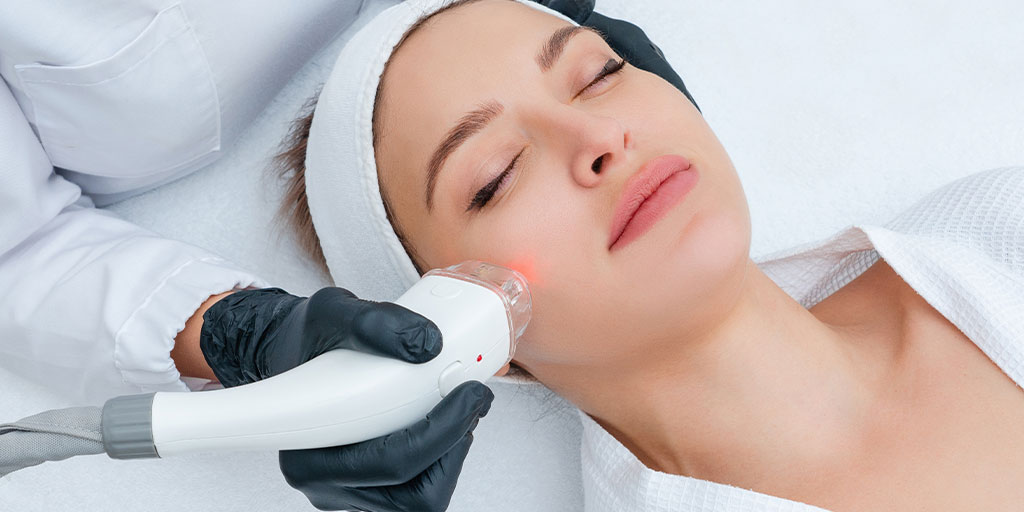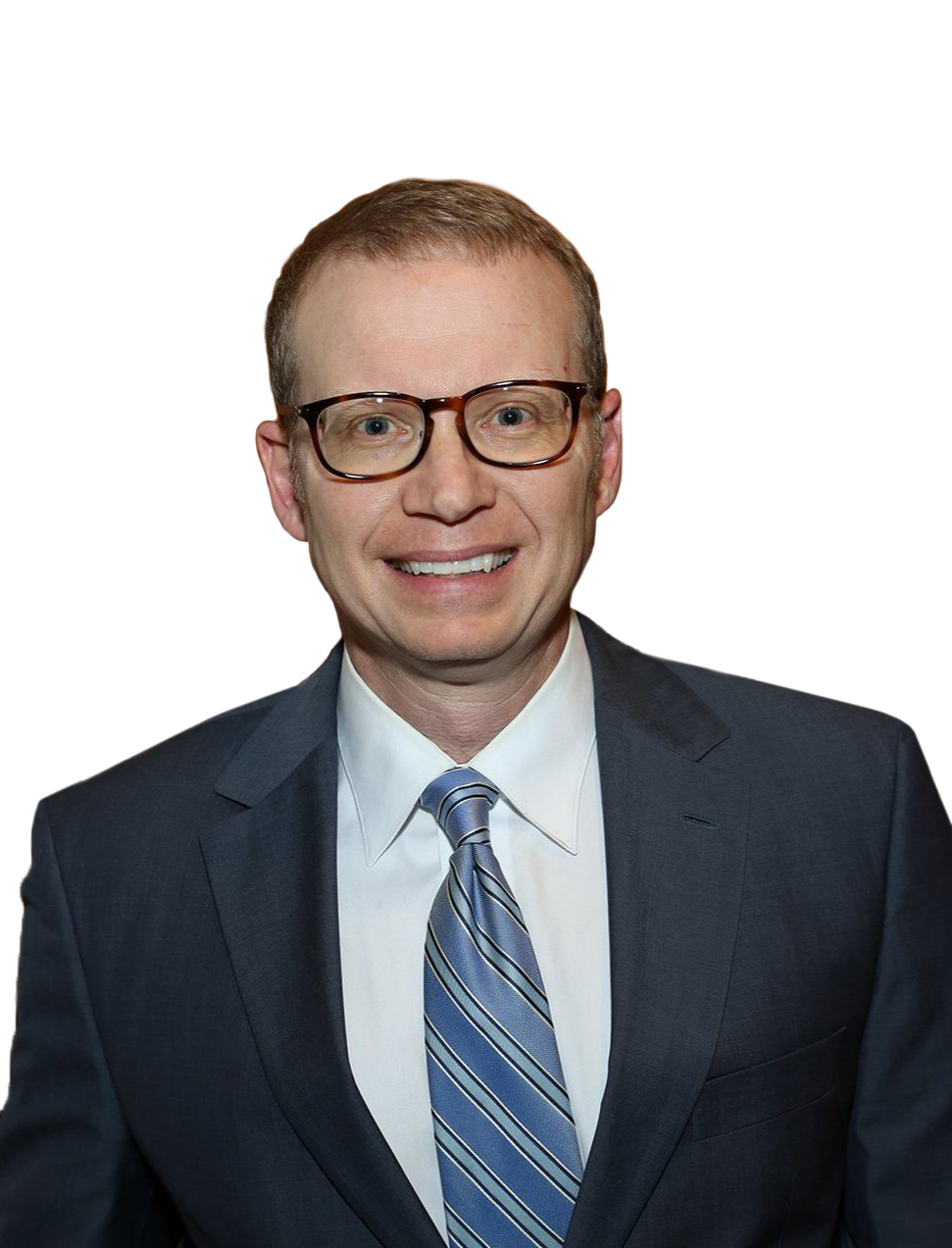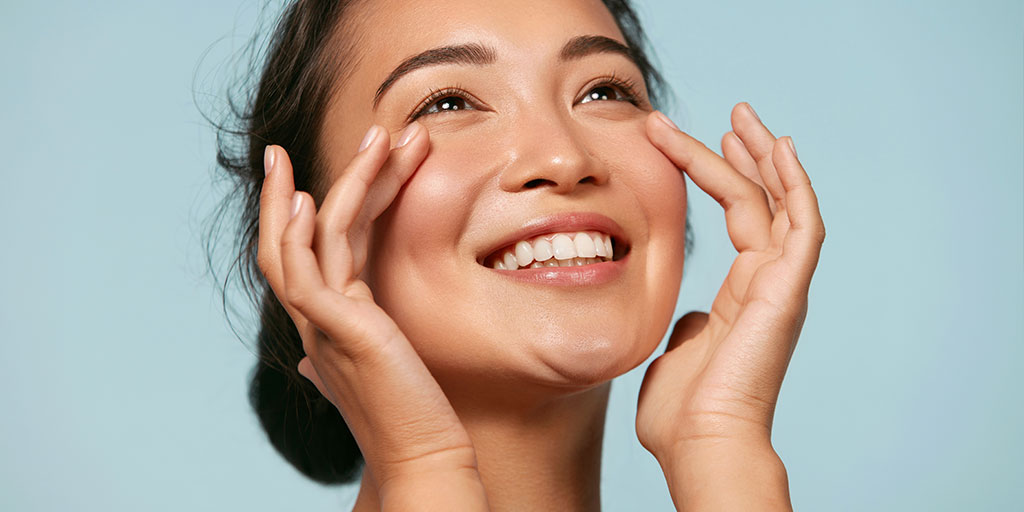Is Laser Skin Resurfacing Safe?
Posted By:
Dr. Chris Schaffer
Read Time: ~ minutes

When it comes to laser skin resurfacing, a strong commitment to safety is essential. In the hands of an unqualified practitioner, laser skin resurfacing can result in poor outcomes, such as scarring, infection, and/or altered pigmentation. While there are certain conditions that would preclude someone from being a good candidate for laser skin resurfacing, the most important matter of safety lies in the skill and experience of the person operating the device.
Harnessing the Art and Science of Laser Skin Resurfacing
Consider the fact that laser technology is now capable of removing or lightening tattoos, port-wine stains and stubborn sun damage. It takes significant laser power to reach these skin depths to erase pigment and smooth texture irregularities. Lasers capable of dramatically resurfacing the skin should only be operated by board-certified plastic surgeons or dermatologists to prevent unfortunate mishaps. These physicians have the necessary training and knowledge of skin structure required to safely operate skin resurfacing lasers in ways that deliver safe and desirable results.
Enhancing the Safety of Laser Skin Resurfacing
Other than carefully choosing the board-certified plastic surgeon or dermatologist who will conduct your laser skin resurfacing procedure, there are some ways to ensure your experience is as safe as possible. Most importantly, patients who are prone to scarring should not undergo laser skin resurfacing. Supporting your body’s natural ability to heal itself is paramount to the success of any laser skin resurfacing procedure. The working premise of these lasers is to safely damage the skin, thereby triggering the production of new collagen and elastin. Avoiding direct sunlight, staying hydrated, healthy eating and resting are among the best ways to enhance your recovery experience and procedure results.
Are Lasers Safe for Acne or Cold Sores?
Patients with lesions like cystic acne or cold sores should not undergo laser skin resurfacing until these issues have cleared. However, there are certain types of laser therapies that are safe for acne-prone skin. The best types of lasers for patients with acne are those that direct energy beneath the skin’s surface rather than irritating the top layer of skin. Our board-certified plastic surgeon, Dr. Christopher Schaffer, is experienced in helping patients fade acne scars and can recommend the best laser regimen for your unique circumstances that will not exacerbate existing acne.
Start Living Life Beautifully
Schedule a ConsultationPreparing Your Skin for the Safest Laser Experience Possible
Patients who smoke are not good candidates for laser skin resurfacing. For some patients, the best way to prepare their skin for laser skin resurfacing is to stop smoking, which is highly irritative and drying to the skin. There are also certain medications you may need to stop taking prior to your laser skin resurfacing procedure to reduce chances of bleeding or bruising. Certain topical skincare products may also need to be discontinued several days prior to your procedure to prevent any adverse reactions.
Nourishing Your Skin After Laser Resurfacing
Taking care of your skin after a laser skin resurfacing procedure is as important as preparing it. Depending on the power of the laser, Dr. Schaffer may instruct you to not wear makeup for a certain period, keep your head elevated and apply specific creams to nourish the skin. After any skin treatment, you should avoid sun exposure and wear hats or sunblock to prevent sunburn. As with any treatment at Schaffer Plastic Surgery, you will receive detailed aftercare instructions specific to your procedure. It is important to follow these instructions to preserve your results and avoid any adverse outcomes.
Find out which laser skin resurfacing procedure is safest for you by calling 205.278.7969 to schedule an appointment.
Gallery
View Gallery


